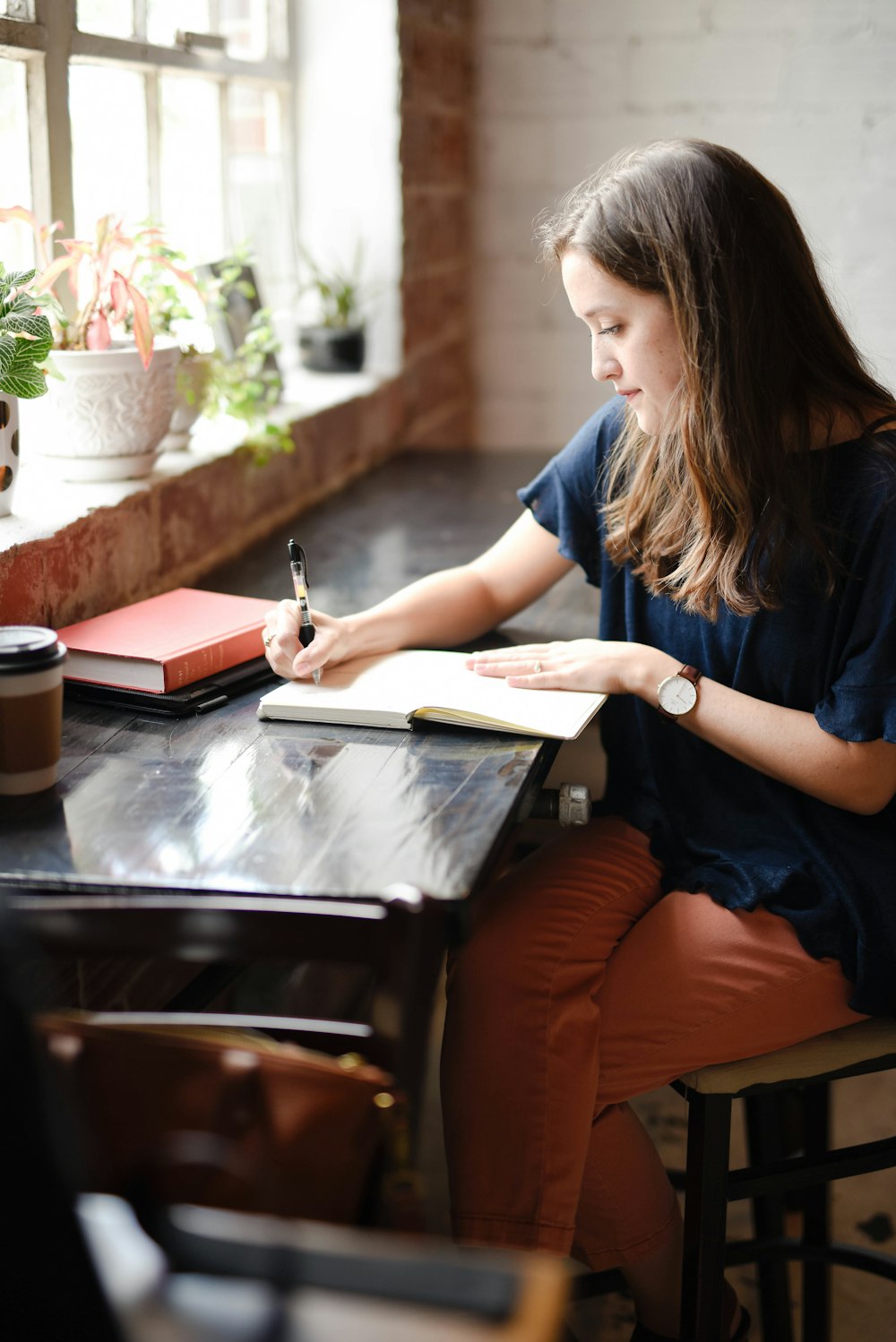A Writers experience: from magazine articles to poetry
Sarah M DaviesI can’t remember a time when I didn’t want to be a writer. I’m not saying I had any idea what it really meant or how you went about it, but I thought being a writer would be cool. I went through school, university and a good few jobs always writing a journal and short stories and bad poems for myself. But in 2005 I got the chance to write some magazine articles for which I was paid – I was sent a pre-launch copy of a magazine for play workers and I emailed the editor saying I thought I could write something that would work for her and she asked me to prove it. It wasn’t the sort of thing I’d imagined as a child, but magazine writing is something I’m still doing 17 years later and I’ve written for all sorts of publications and national newspapers on topics ranging from childcare to poetry.

In 2017 I joined a local writing group and got serious about giving time to writing and sharing fiction. This group and the confidence it gave me in my ability made me self-publish a collection of my flash fiction and short stories to celebrate my 50th birthday. I’ve since self-published a second collection of short stories and an historical novella.
A love for poetry
In the last few years I’ve started really exploring my interest in poetry. I’ve always written poems and have been performing at open mic events since 2018. I’ve now started exploring different poetic forms (I’m currently slightly obsessed by villanelles) and I like the way the rules of rhyme and metre mean that I have to think carefully and differently about what I want to say and how I can say it by following (or subverting), the rules.
I’m also reading and listening to lots of poetry old and new because there’s nothing like getting the rhymes and rhythms into your head, it really helps.
Reading is a must
I read fairly voraciously, I usually have two or three books on the go. I read all sorts, recommendations from friends, things I see reviewed in papers and magazines, stuff where the blurb on the back or sometimes just the cover intrigues me.
The importance of a notebook
I always carry an A6 notebook so that I can write down ideas or observations; I’d hate to lose an idea by kidding myself that I’ll remember it if I don’t write it down. Obviously I don’t use every idea I write down, but I have used lots, some years after I first had them. I keep all my old notebooks for a good few years before I get rid of them.
Writing longhand is essential for me
When I’m drafting new work I always write longhand into A5 notebooks. It may sound incredibly inefficient, but I just find that I write better if I work this way. I start the editing process when I type the handwritten draft onto the computer.
I’ve tried drafting straight onto the computer but my work is just never as good that way and I’m always vaguely disappointed when I see work I know I’ve done this way because I know it could have been better. I guess it’s just the way my creative brain works.
Future projects
My writing aim for the next twelve months is to have enough poems to publish a pamphlet. I’ll also continue writing magazine articles and collecting random ideas in my little notebooks, because I never know where one of those ideas might take me.
You can find me on Instagram Sarah M Davies (@fromsarahspen)
Helpful Tips thanks to Masterclass
Tips for Writing for Magazines

Tips for Poetry Writing





No comments:
Post a Comment